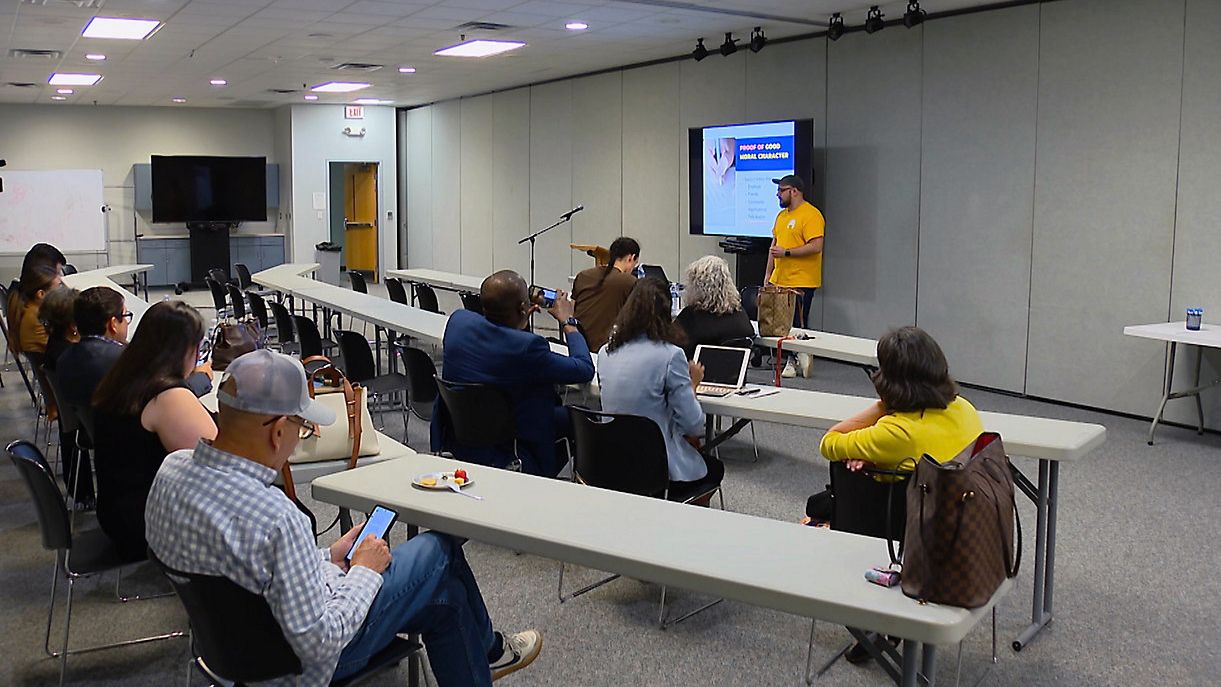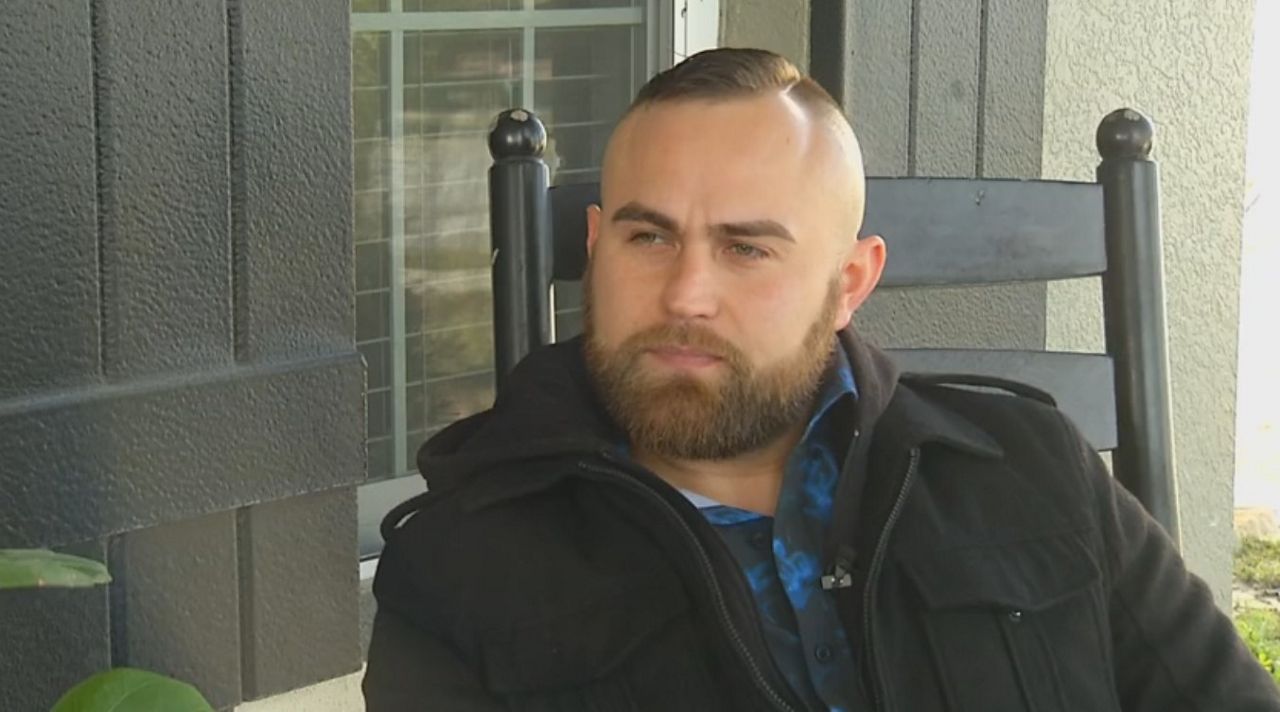ORLANO, Fla. — On Thursday, the Orlando Utilities Commission held a public workshop to explain its plans for a new kind of power bill. The change would charge customers more at peak times and less when use is minimal.
It was a packed house, as OUC officials laid out their new business model plans — which they say are necessary to serve a growing population. But dozens of OUC customers say they are upset about the proposal, arguing that it would be bad for their bottom line.
“If you made an investment of somewhere between $10,000-30,000, you’d be passionate too,” said Michael Cohen. “OUC is preparing a whole new rate schedule, and it’s going to affect everybody.”
Michael Cohen, who is a solar user, was one of the residents speaking out against the plan.
OUC officials said it’s a new way of doing business that would result in some people paying less and others paying more, depending on how and when they consume electricity. The new pricing structure would reduce the variable cost per kilowatt hour by introducing a new distribution charge in three tiers of $5, $10, or $15 per month. OUC said the changes are necessary to address population growth. But Thursday's meeting made it clear: some customers aren’t buying that proposal.
Orlando City Commissioner Patty Sheehan invested $21,000 in solar, and said it was a cause she believed in. However, she feels her voice in this fight is left unheard.
“They just don’t care, and it’s so frustrating when you’re dealing with someone in good faith who steals from you in bad faith, and they won’t even listen to you," Sheehan said. "That’s why I’m so upset today."
However, Thursday’s meeting was the first of three to address those concerns — OUC will host another public workshop in July and will make a final decision in August.
“It’s important that we listen to each other, really listen to each other," said OUC chief customer officer Linda Ferrone. "We want to listen to everyone who has an opposition and really understand why. I would just ask if they had an opposition, they really take the time to listen to us as well. I think by listening to each other that’s how we come up with solutions that really work for us all."
Within the proposal there’s also a recommendation to gradually reduce what OUC pays for extra electricity produced by residential customers’ rooftop solar systems. OUC officials said they plan to re-launch a program encouraging customers to install batteries to make the most of their systems.
But many at the meeting Thursday argued paying less for electricity produced by rooftop systems would cut into residents’ incentives to install solar in the first place.
“I’d like them to work with rooftop solar, because we can replace a lot of the needed investment in transmission lines and solar farms to help them go net zero,” said Cohen.









